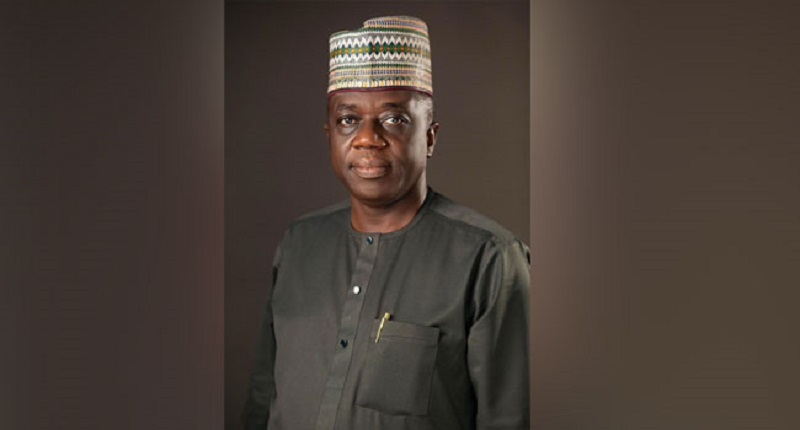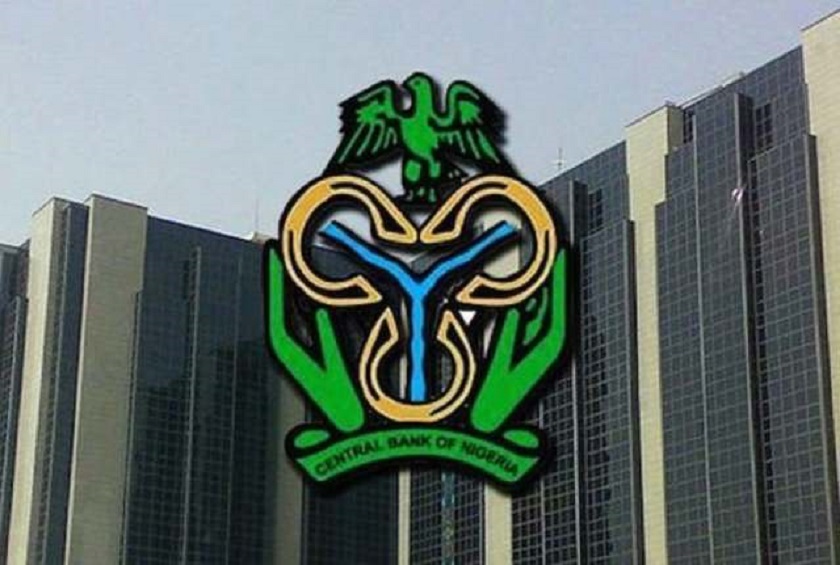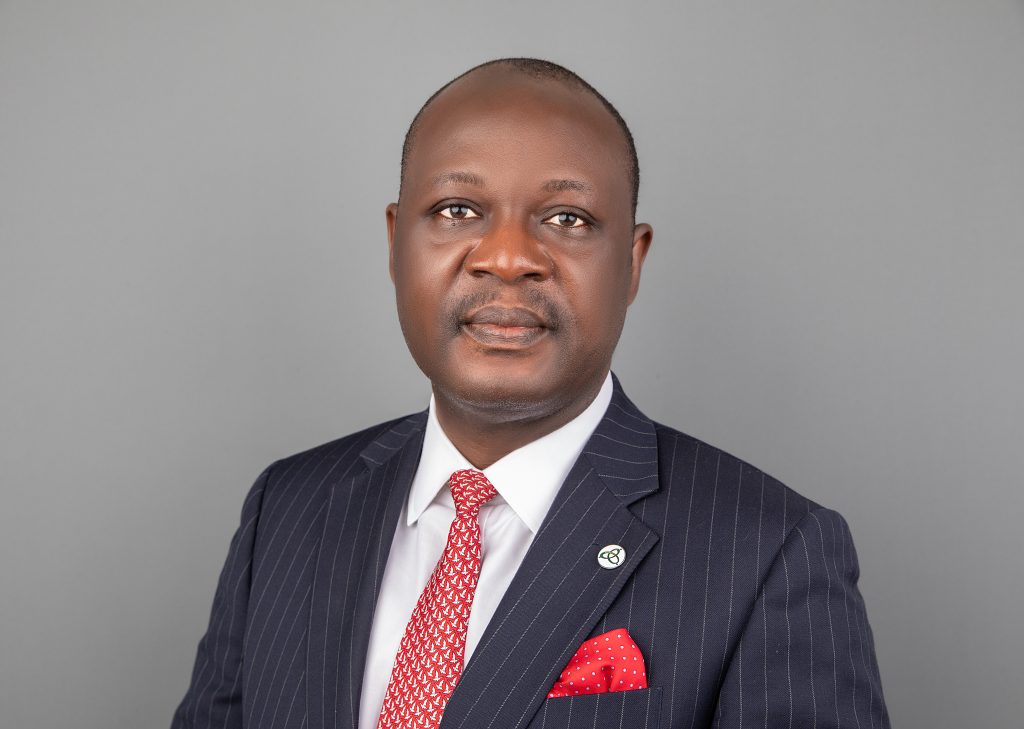Jobs/Appointments
Nigeria’s Unemployment Rate Rises 18.8% as 15.9m Jobless

By Dipo Olowookere
Data released on Friday morning by the National Bureau of Statistics (NBS) has revealed that in the third quarter of 2017, the unemployment rate in Nigeria increased to 18.8 percent.
This was an increase from 16.2 percent recorded in the second quarter of this year, according to the stats office.
The NBS, in the report, noted that the number of people within the labour force who were unemployed increased from 13.6 million in the second quarter of the year to 15.9 million in the third quarter of same year, with more than two million people unemployed within the period.
This was attributed to the economic recession that saw the nation’s growth decelerate until September 2017 when Nigeria finally exited recession.
Also in the report, the country’s stats agency stated that the number of underemployed increased from 17.7 million in the second quarter to 18 million in period under review.
The report further said economically active or working age population (15–64 years of age) increased from 110.3 million in Q2 to 111.1 million in Q3 2017, while the labour force population increased from 83.9 million in second quarter to 85.1 million in Q3 2017.
The total number of people in full-time employment (at least 40 hours a week) declined from 52.7 million in Q2 2017 to 51.1 million in Q3 2017, it said, adding that total unemployment and underemployment combined increased from 37.2 percent in the previous quarter to 40.0 percent in Q3 2017.
During the quarter Q3 2017, 21.2 percent of women within the labour force (aged 15-64 and willing, able, and actively seeking work) were unemployed, compared to 16.5 percent of men within the same period.
The report also noted that underemployment was predominant in the rural areas as 26.9 percent of rural residents within the labour force in were underemployed compared to 9 percent of urban residents within the same period.
“An economic recession is consistent with an increase in unemployment as jobs are lost and new jobs creation is stalled,” the report said.
“A return to economic growth provides an impetus to employment. However, employment growth may lag, and unemployment rates worsen especially at the end of a recession and for many months after,” it added.
“Nigeria economic growth has been decelerating since Q2 2014 culminating in an economic recession in Q2 2016. The technical indicator of a recession is two consecutive quarters of negative economic growth as measured by a country gross domestic product (GDP).
“The economic recession was technically over in Q2 2017. However, several economic activities are still contracting or recovering sub optimally.
“The unemployment rate, induced by a recession, typically peaks about 15-18 months after the beginning of a recession or 4-8 months after the end of a recession before it returns to its pre- recession trend.
“This, in the case of Nigeria will be a peak in Q4 2017 which means we will only expect unemployment to return to its normal trend in 2018.
“The length of the lag depends on how deep and long the recession was. It also depends on how stable and fast the recovery is as well as on the economic sectors diving the recovery (labour or capital/technology intensive).
Jobs/Appointments
Tinubu Appoints Ogunjumi Acting Accountant General as Madein Retires

By Adedapo Adesanya
President Bola Tinubu has appointed Mr Shamseldeen Babatunde Ogunjimi as the Acting Accountant General of the Federation (AGF).
This was contained in a statement on Tuesday by presidential spokesman, Mr Bayo Onanuga.
“His appointment is effective immediately following the pre-retirement leave of the incumbent AGF, Mrs Oluwatoyin Sakirat Madein,” a part of the statement read.
“In announcing Madein’s successor, President Tinubu ensures a seamless transition in the administration of Nigeria’s treasury and consolidates the implementation of the present administration’s treasury policy reforms,” the statement added.
Mr Onanuga said Mr Ogunjimi brings over 30 years of extensive experience in financial management across the public and private sectors.
He described the appointee as a career civil servant and the most senior director in the Office of the Accountant General of the Federation (OAGF),
“He has held significant positions, including Director of Funds at the OAGF and Director of Finance and Accounts at the Ministry of Foreign Affairs.
“A chartered accountant, certified fraud examiner, chartered stockbroker, and chartered security and investment specialist, Mr Ogunjimi’s academic qualifications include a Bachelor of Science (BSc) in Accountancy and a Master’s in Finance and Accounting,” the statement added.
According to Mr Onanuga, President Tinubu expressed his confidence in his appointment, saying, “The Office of the Accountant General of the Federation is pivotal to our nation’s treasury management operations. Mr Ogunjimi’s wealth of experience and notable competence will ensure the continued effectiveness of this vital institution as we advance our economic reform agenda.”
President Tinubu also commended the outgoing Accountant General of the Federation, Mrs Madein, for her dedication and selfless service to the nation.
After reaching the civil service’s statutory retirement age, Mrs Madein is retiring effective March 7, 2025.
Jobs/Appointments
CBN Denies Forceful Mass Retirement Amid Restructuring

By Adedapo Adesanya
The Central Bank of Nigeria (CBN) has dismissed claims of forced mass retirement as part of efforts by Governor Yemi Cardoso to restructure the workforce of the organisation.
In a statement released on Wednesday, the Acting Director of Corporate Communications, Mrs Hakama Sidi Ali, clarified that its Early Exit Package (EEP) is entirely voluntary and without any negative repercussions for eligible staff.
According to the statement, the decision to implement the exercise was the outcome of extensive consultations with the bank’s Joint Consultative Council (JCC), a body representing staff interests.
Mrs Sidi Ali explained that the EEP, a longstanding policy previously accorded to the executive cadre, has now been made available to eligible staff at all levels.
“For some time, staff representatives through the JCC had called on management to approve the early exit package for all cadres. Following these discussions, management decided to meet this popular demand,” she said in the statement.
Addressing concerns about potential repercussions for staff who decline the package, Mrs Sidi Ali reaffirmed management’s commitment to supporting employees’ professional growth and well-being, describing the concerns as unfounded.
She further emphasized that the initiative is an internal corporate matter designed to promote career development for staff.
According to wide spread reports, there have been plans to retire approximately 1,000 employees by the end of the year with a payoff estimated to cost over N50 billion.
The mass retirement, which was announced in a circular issued three weeks ago, mandates affected employees to apply for the Early Exit Package (EEP).
The statement allegedly warned employees with less than one year of service or unconfirmed appointments to refrain from applying for the program, noting that the application would remain open until December 7, with an effective exit date of December 31, 2024.
It was reported that the entire EEP was valued at N50 billion.
Jobs/Appointments
CBN Okays Appointment of Benson Ogundeji as Greenwich Merchant Bank CEO

By Modupe Gbadeyanka
The Central Bank of Nigeria (CBN) has approved the appointment of Mr Benson Ogundeji as the chief executive of Greenwich Merchant Bank Limited.
The board of the financial institution for businesses had picked Mr Ogundeji as its substantive CEO but awaited the authorisation of the banking sector regulator.
He brings over three decades of extensive banking experience to this role as a seasoned financial services professional, who previously served as Executive Director at Greenwich Merchant Bank from July 2020, where he played a pivotal role in the bank’s successful transition from the legacy Greenwich Trust Limited to a merchant bank.
In this capacity, he provided oversight for Corporate Banking, Treasury and Global Markets.
Throughout his career, Mr Ogundeji has demonstrated exceptional expertise in business development and operational excellence.
Before joining the firm, he held various senior leadership roles at prominent financial institutions, including Ecobank Nigeria, GTBank, and other notable banks, where he consistently displayed exceptional leadership skills.
His appointment comes at a crucial time as Greenwich Merchant Bank commences the next phase of its growth plans. Having related closely with the new CEO, as an Executive Director and acting CEO in the last four years, the board has expressed confidence about his ability to lead the bank in delivering our strategic goals.
“The board is pleased to announce the appointment of Benson Ogundeji as our Managing Director/Chief Executive Officer,” the chairman of Greenwich Merchant Bank, Mr Kayode Falowo, stated.
-

 Feature/OPED5 years ago
Feature/OPED5 years agoDavos was Different this year
-
Travel/Tourism8 years ago
Lagos Seals Western Lodge Hotel In Ikorodu
-

 Showbiz2 years ago
Showbiz2 years agoEstranged Lover Releases Videos of Empress Njamah Bathing
-

 Banking6 years ago
Banking6 years agoSort Codes of GTBank Branches in Nigeria
-

 Economy2 years ago
Economy2 years agoSubsidy Removal: CNG at N130 Per Litre Cheaper Than Petrol—IPMAN
-

 Banking2 years ago
Banking2 years agoFirst Bank Announces Planned Downtime
-

 Sports2 years ago
Sports2 years agoHighest Paid Nigerian Footballer – How Much Do Nigerian Footballers Earn
-

 Technology4 years ago
Technology4 years agoHow To Link Your MTN, Airtel, Glo, 9mobile Lines to NIN




















